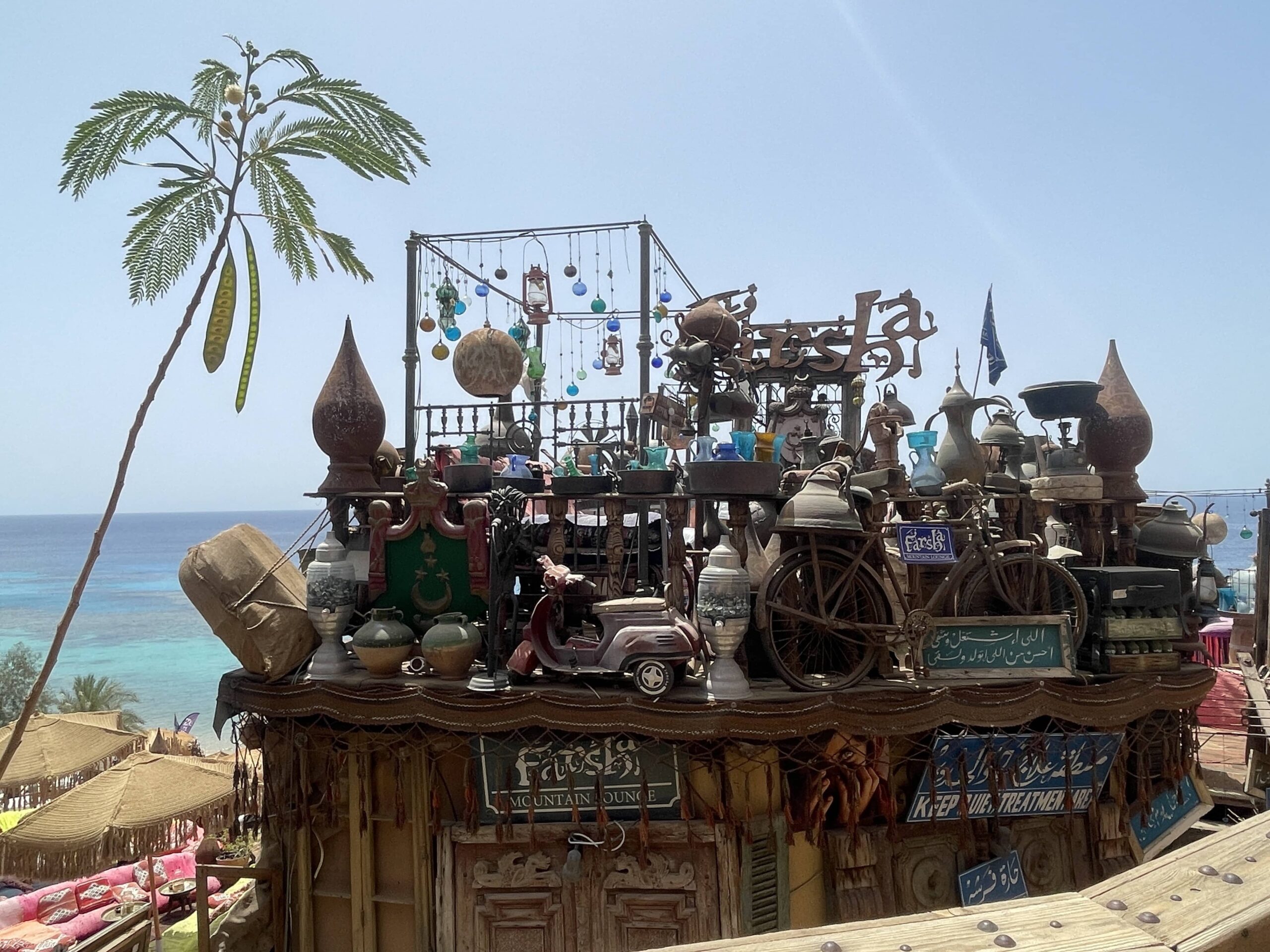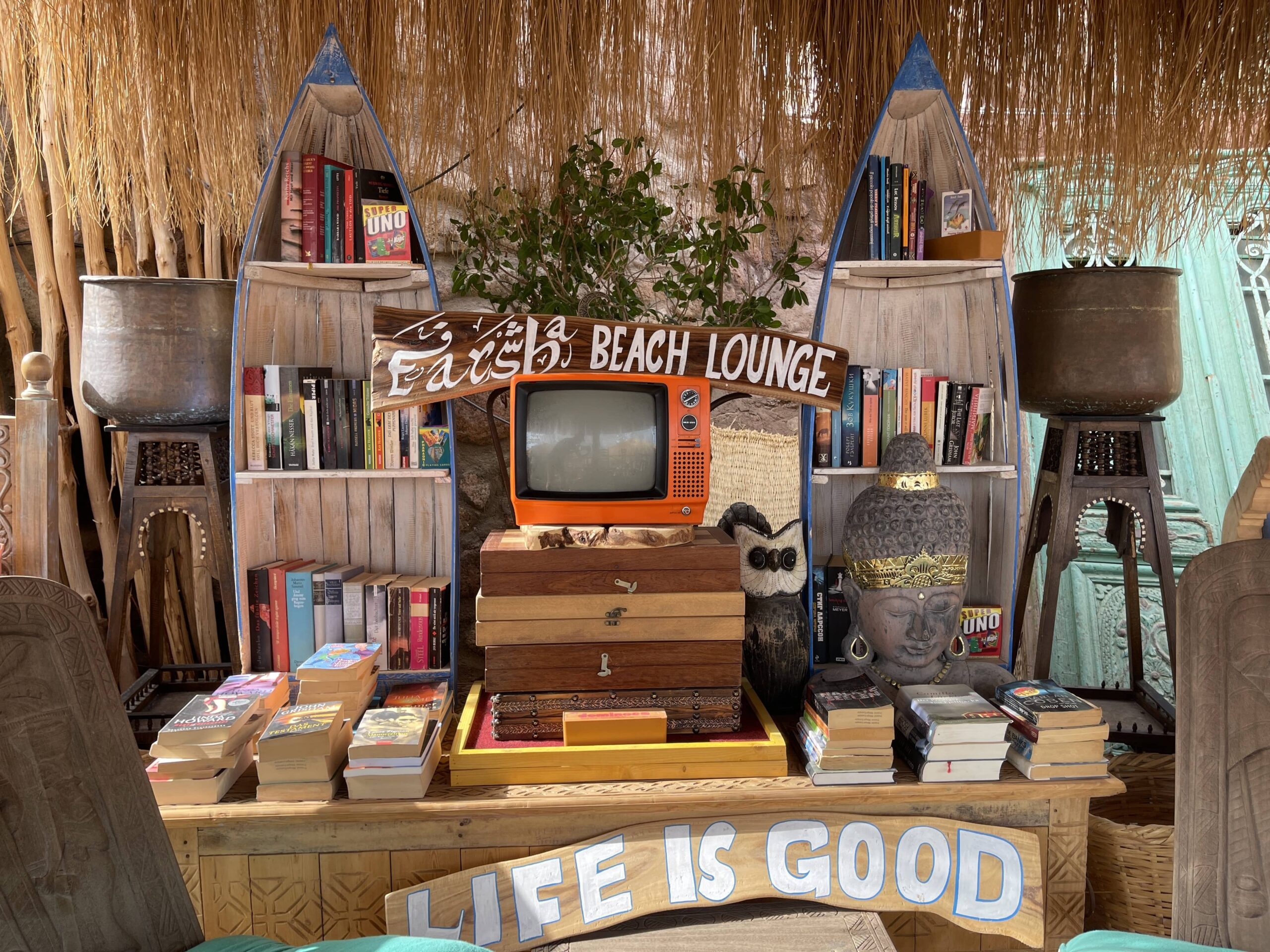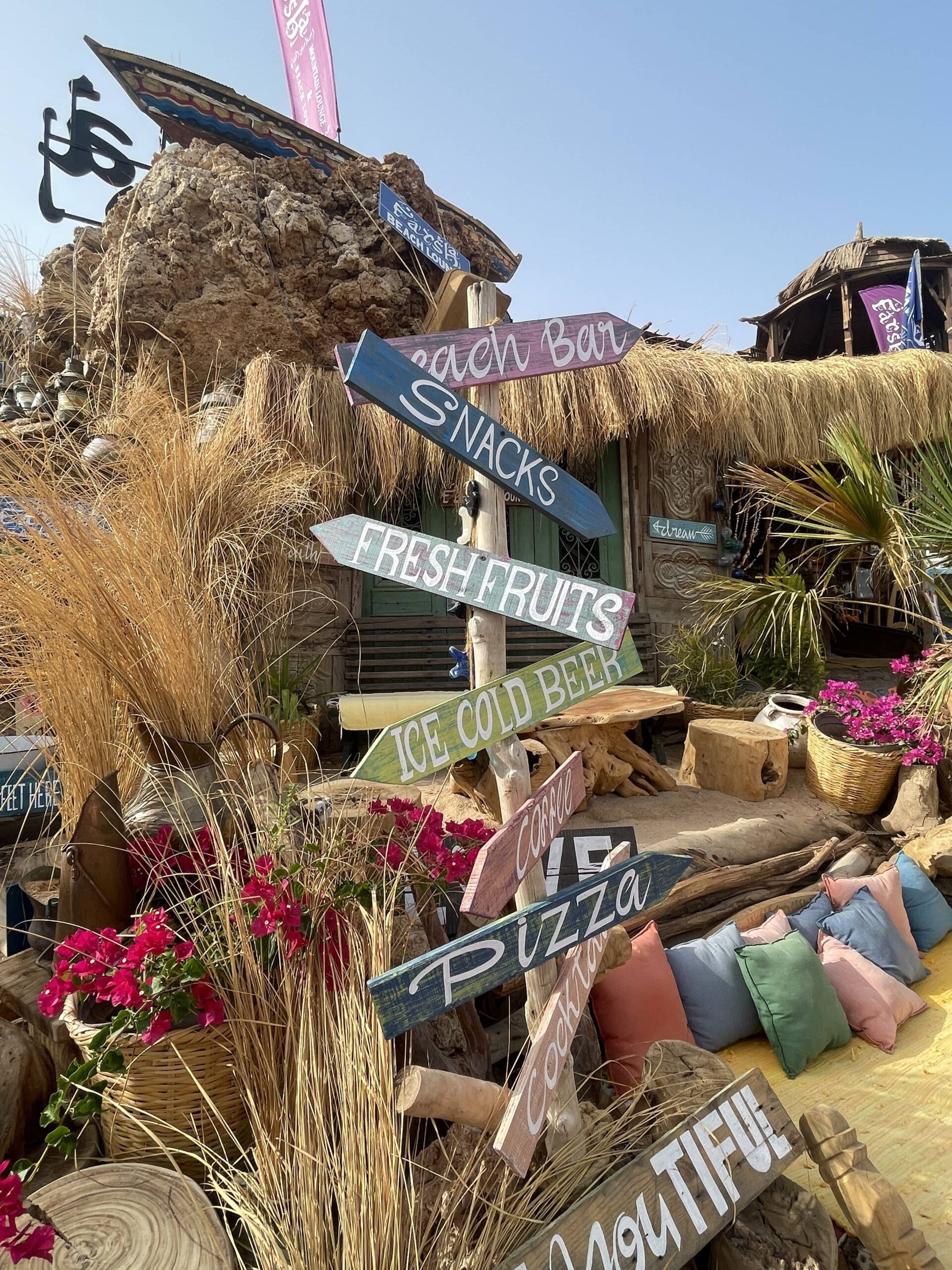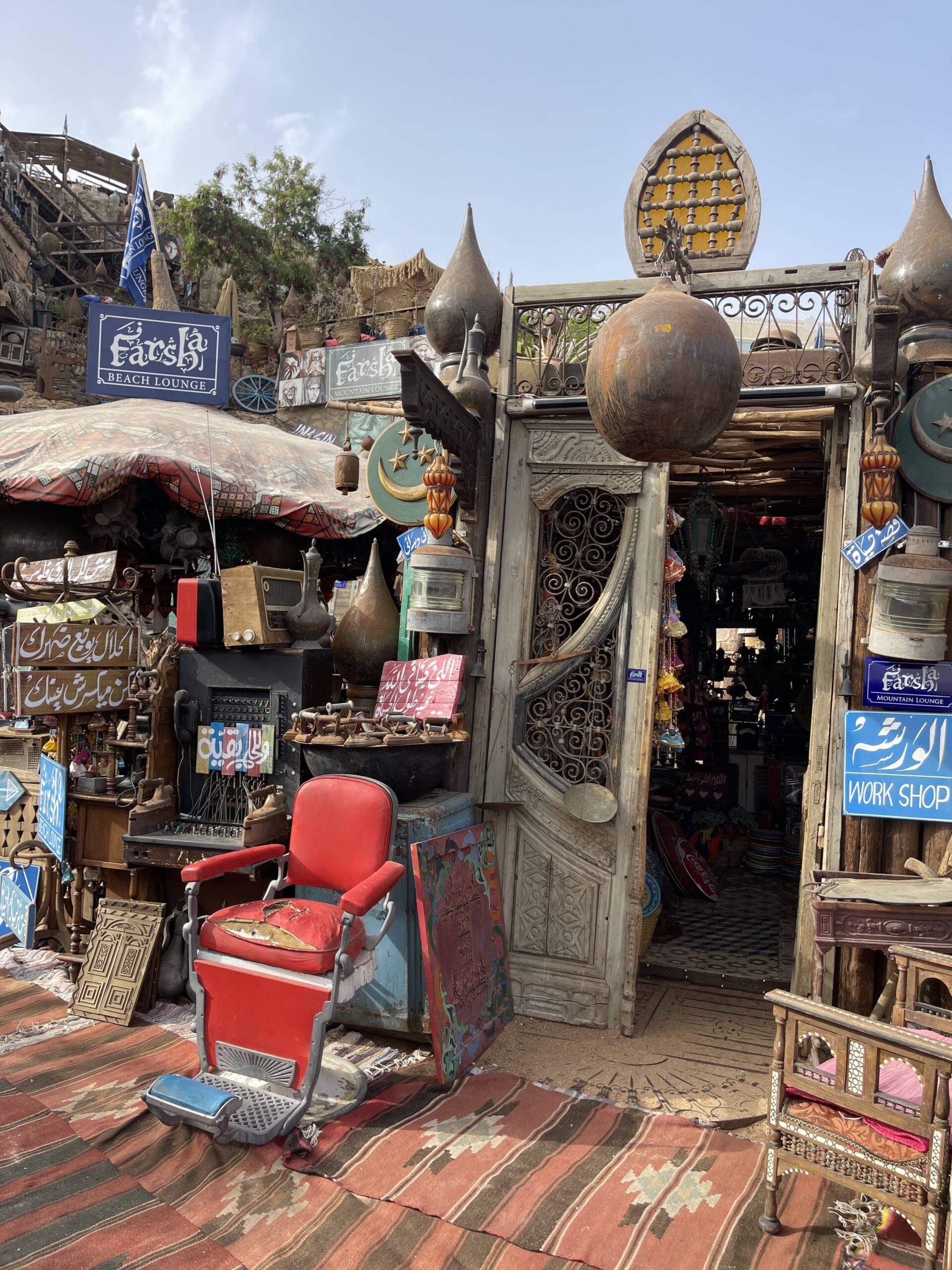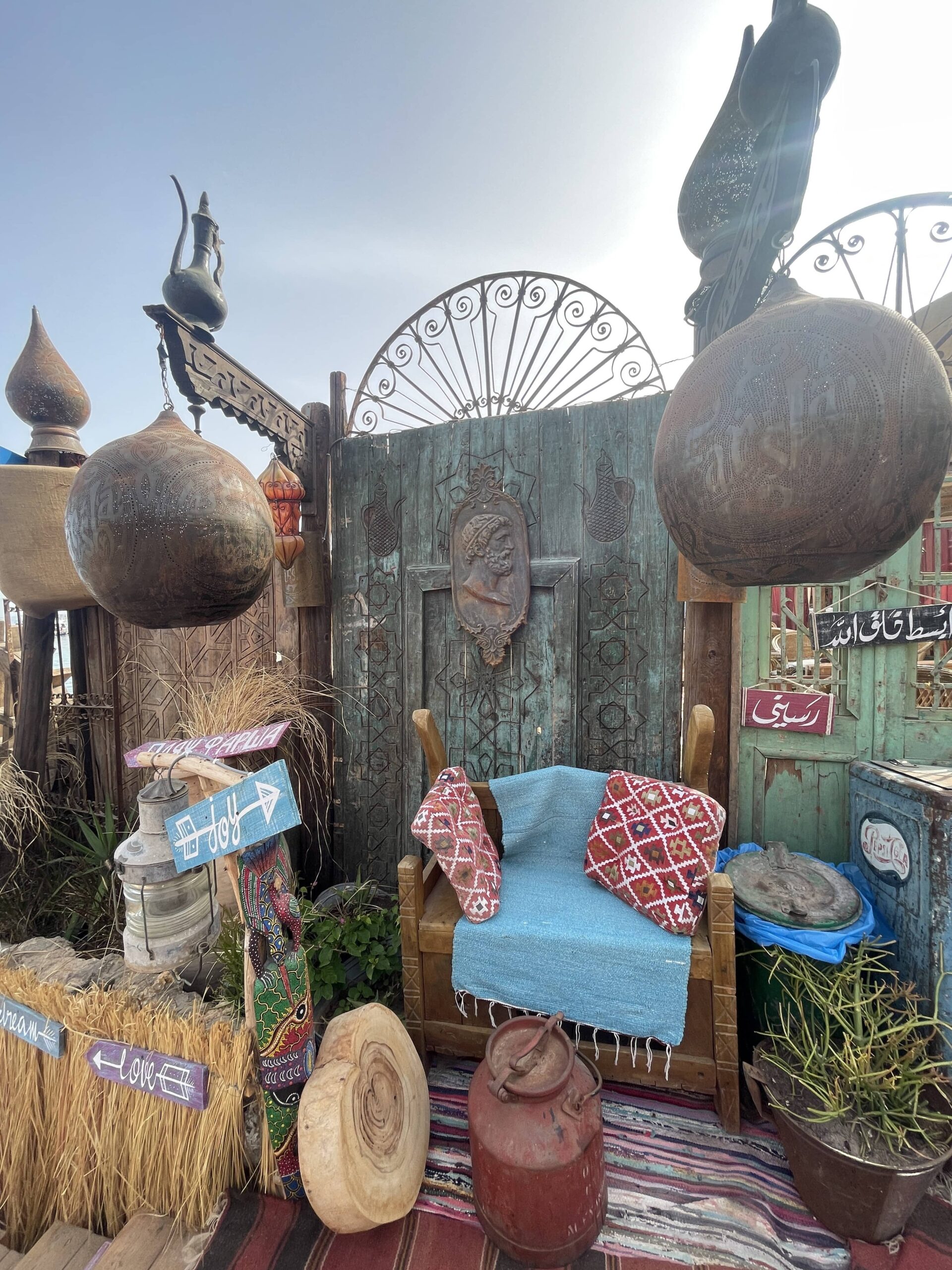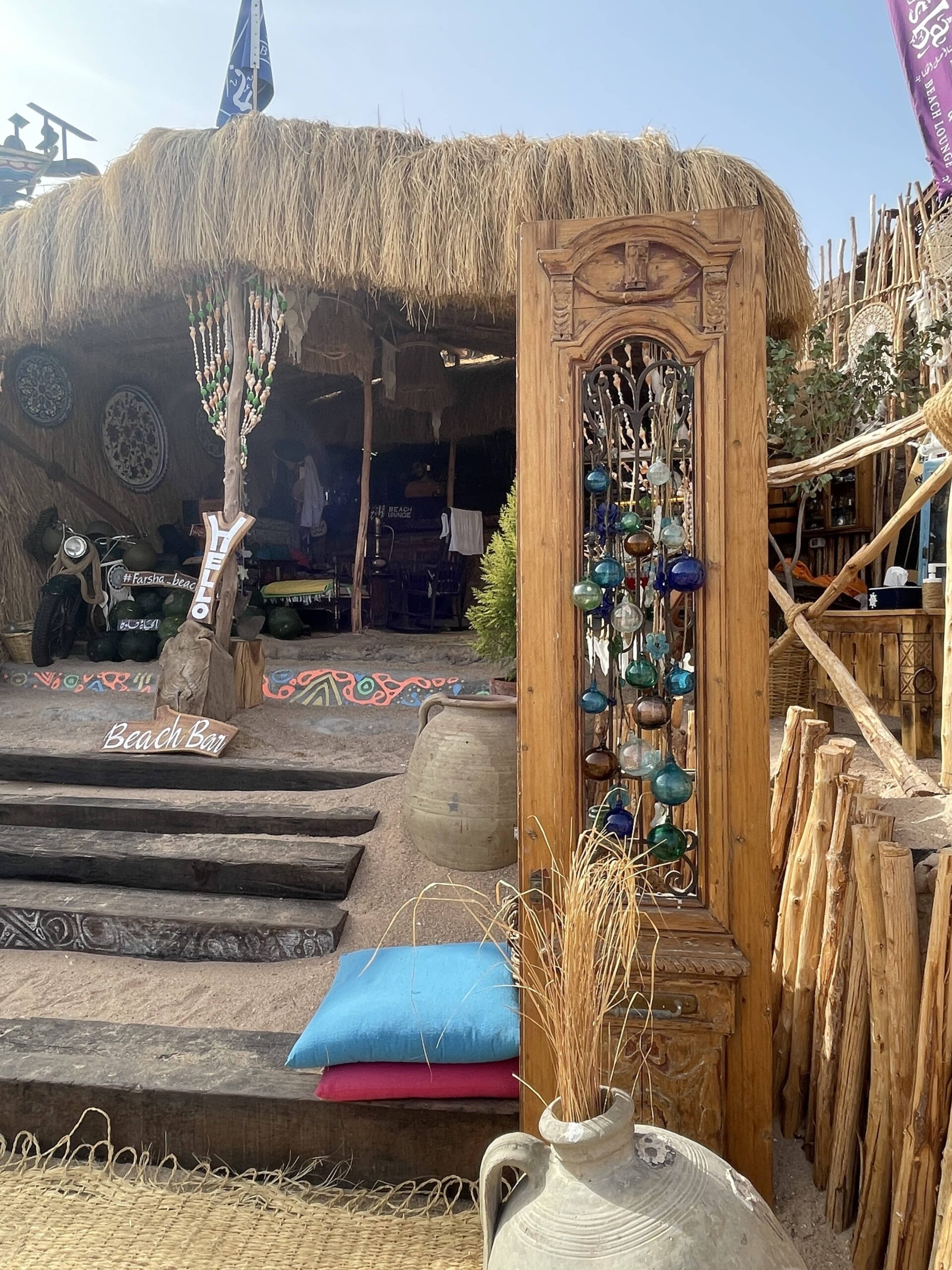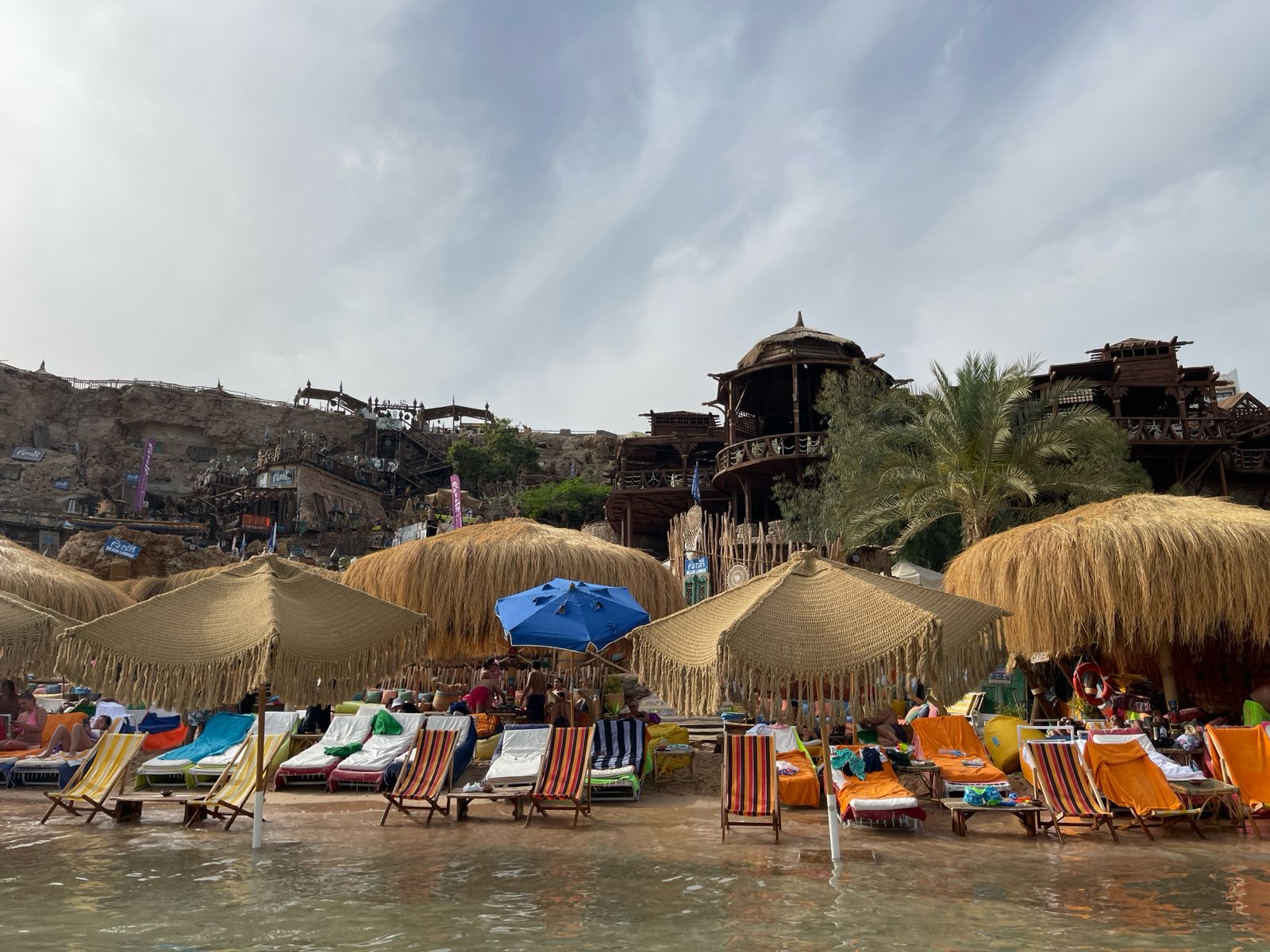HOW DO I EXPLAIN TO SOMEONE THAT WRITING IS A JOB?
How do I explain to someone that writing is a job?
This is a question that those who do my job have asked themselves at least once in their lives. Not that it is mandatory to explain it necessarily, but at a certain point you just want to do it.
As for parents and relatives, put a cross on it. Most of them will not understand, at least those like me who have parents from another generation, maybe even two generations ago.
Once you have made peace and understood that the battle with the family is lost, focus on the rest of the world.
Those who work with creativity know it well: when you produce only ideas, so ethereal, impalpable, volatile and gaseous, often you can’t prove that ours is a job. We don’t make necklaces, shoes, furniture or have a shop of something. So make your peace with them too, it won’t help anyway. They won’t understand.
Once you understand this, move on to the next step: let’s take those who do our creative work as a hobby or passion (writers, DJs, musicians, singers, copywriters and many others). Without going into the merits of meritocracy or increasingly miserable engagements, given the enormous quantity of “artists” willing to make any kind of compromise, I happily tell you: forget it. Even with them, the battle is lost. They make ends meet, have fun, do it to earn a little extra or for fun and they really don’t care. Many have a steady job that allows a quiet life and are willing to risk only a small percentage of risk. Like prudent stock packages. So trying to convince many of them (at least those with very low creative or technical qualities) is an impossible task. Forget it.
And those who do the same job as us? They are in your situation, they know it well but between those who complain (and there are many) and those who praise themselves by fearing billions of jobs left and right, we risk giving in to easy grumbling or exhausting envy with a sense of inadequacy and depression attached. So let’s proceed.
Having digested this, let’s try to convince the State, the immense world of VAT numbers and technicians of the quick economy, but honestly, I advise against it, there is no way out.
But then who is left to convince? Have you asked yourselves? The answer seems obvious. Think about it. Who is left?
You stay! We have to convince ourselves every day that this is our job, even when we don’t get invoiced, even when they don’t pay us the invoices or they take 6 months to pay them or a job doesn’t come in even if you pay for it. We have to convince ourselves every day that we are on the right path and that there is no plan B, that there is no parachute job, that we wouldn’t be able to do anything else. That we have to try every damn day. I don’t know why, but I feel that there is and it is immense.
Personally, I try not to betray the child for the man, not to betray myself by doing things I don’t like. It’s not necessarily just a creative issue, all jobs are like that, even the craftsman, the economist or the pharmacist.
And if you are convincing enough with yourself every morning, then raise your head with pride and at least for one day, that damned question will stop tapping in your head.




